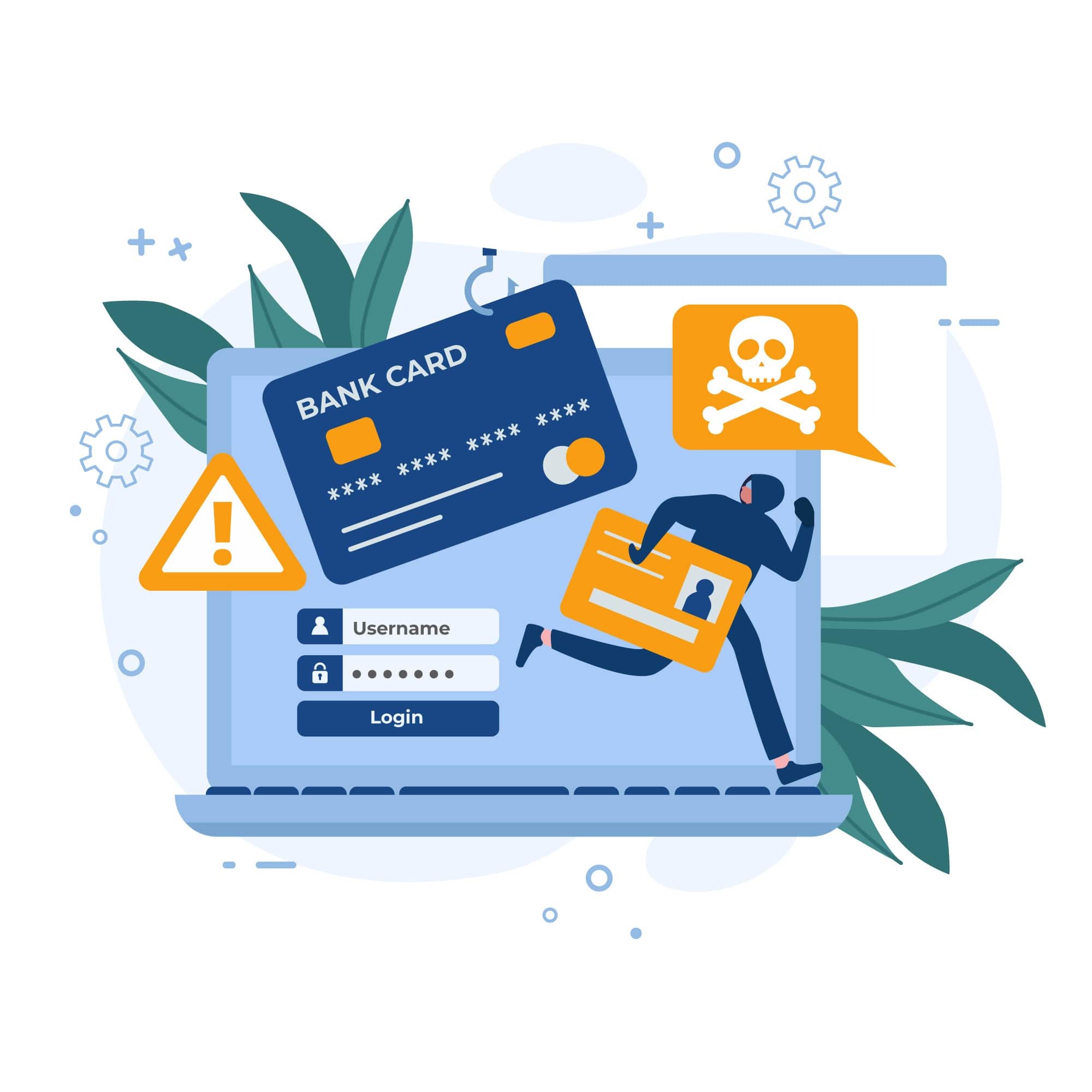
What Kind of WordPress Are You?
The WordPress software has come a long way since its humble beginning in 2003. I can’t imagine that Matt Mullenweg and Mike Little had any idea how much their fork of the b2 cafelog blogging platform would grow, let alone establish a worldwide community of users.
I consider myself lucky to have found WordPress in early 2005, just over a year after its creation. In the almost twelve years since that time, I’ve held many different WordPress titles and have transformed the way I’ve used it. There are different meanings of the word “users” when it comes to WordPress, and in this post I’m going to discuss some of those definitions.
Technical WordPress User Roles
The WordPress software itself comes built-in with distinct user roles. These different user roles come with different capabilities. In other words, once logged in, each user is allowed to perform certain functions within the software. You can also think of this as different users having different levels of access to the core features of WordPress.
When you install WordPress, there are five default user roles:
- Administrator: Has access to all administration features.
- Editor: Can create, edit, and publish posts – whether they’re the author or not.
- Author: Can create, edit, publish their own posts only.
- Contributor: Can create and edit their own posts, but cannot publish them.
- Subscriber: Can manage their own profiles only.
These different user roles have helped WordPress become what it is today, a platform that powers over 28% of all websites on the internet. This allows a website administrator to manage different types of users, which in turn facilitates the creation of many different types of websites, including multi-author blogs, memberships sites, e-Commerce sites and much more.
Extending WordPress with Custom User Roles
Another factor that has allowed WordPress to have such a large market share is the extensibility of the software. Through the use of built-in Hooks and Filters code, anyone with coding knowledge can write plugins that add any number of features to the core software.
As referenced above, the built-in user roles also come with specific capabilities. The beauty of this extensible software is that you can create custom user roles by writing your own code or by using any number of available plugins. This allows you to get very specific with the capabilities assigned to each user role if the default ones don’t quite fit in with your use case.
A few popular custom user role plugins are:
Community WordPress User Types
This section has nothing to do with code. You’ll notice I used the word “types” instead of “roles” in the heading above. This is because I’m now referring to how an individual person defines themselves in terms of utilizing WordPress. In other words, what type of WordPress user are you?
When I started using WordPress, I was just writing blog posts, so I called myself a blogger. It didn’t take long for me to start tinkering with code and creating my own themes. I then called myself a designer or theme developer. After that, I dove into writing plugins, and because I was then creating themes and plugins, I simply referred to myself as a WordPress developer.
But eventually, I started to feel a bit of imposter syndrome when I realized just how rudimentary my coding skills were compared to the plugins and themes I saw other people creating. Add to this, that I was also evolving with the software in my professional life and was now using it in the corporate world to power everything from simple blogs, to intranets, to full-fledged e-Commerce systems. This led to different definitions of what I did with WordPress such as project management, content writer and more.
As you might know, I travel to a lot of WordCamps. When at an event, one of the first questions I ask when meeting new people is “What do you do with WordPress?” I ask this to foster an initial conversation and learn about the people I’m interacting with, but I’ve been thinking this question should change.
Many people (including myself) tend to feel like we need a title when it comes to talking about how we utilize WordPress. Why is that? Does it matter? Maybe. But I would argue that it doesn’t, at least not when talking about how we actually use the software (not when telling someone about our employment or role within a company).
The WordPress user types I see described most often are:
- Developer
- Designer
- Blogger
- Project Manager
- Marketer
There’s nothing wrong with that list. It does a decent job of covering the generalities of different types of WordPress users, but in my case and possibly in yours too, calling myself any one of those isn’t quite accurate and can also be limiting.
I’m a WordPress Implementor
As I stated previously, I suffered from imposter syndrome when it came to defining the kind of WordPress user I actually was. I knew I couldn’t keep up with serious programmers and the themes I “designed.” They worked, but were quite ugly (and I’m being nice to myself here 😉 )
It wasn’t until I started reading the blog of Tom McFarlin that I finally had that “Ah-Ha!” moment. Tom is an advanced WordPress developer and prolific blogger. In this article, he compared the WordPress “programmer” with what he termed the “implementor”.
Jeff Chandler took this term and its definition a bit further in this article and summed it up nicely in this statement:
Just because I’m able to take existing pieces of a puzzle and put them together to make a complete WordPress website, doesn’t mean I’m a developer. However, the term implementor describes me quite well and has a nice ring to it.
And I couldn’t agree more when thinking of a description of what I do with WordPress. Whether it’s writing short code snippets, customizing themes, writing blog posts, building email opt-in forms, creating photo galleries, using it for eCommerce or any of the thousands of other things you can do with WordPress, it’s really all about the implementation of individual tools to get to the end result.
The next time you see SiteLock at a WordCamp, it’s likely I’ll be there too, and I’d love to learn more about the kind of WordPress user you are.





